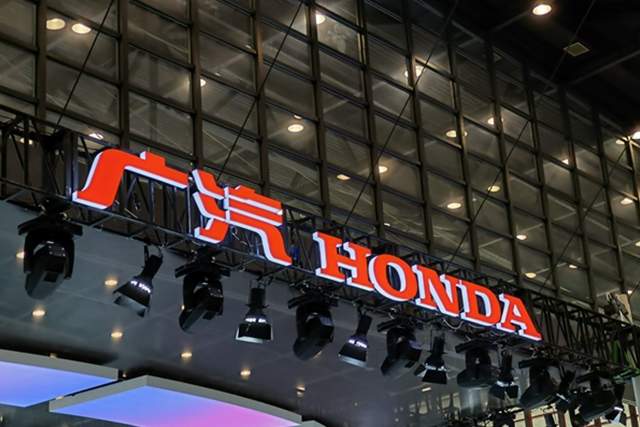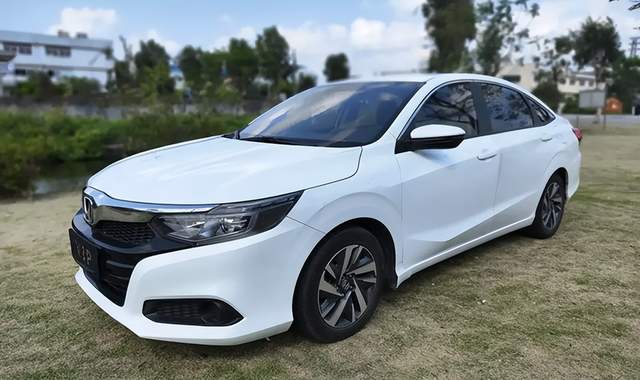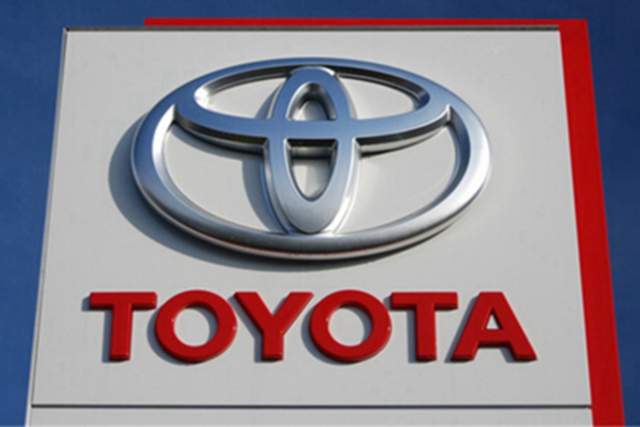Honda, Once Arrogant in Saving Nissan, Now on the Brink of Collapse with Sales Halved Again
![]() 02/16 2025
02/16 2025
![]() 631
631
After months of speculation, the proposed merger between Honda and Nissan is reportedly on the verge of termination. Initially, Honda may have harbored aspirations of rescuing Nissan, but the sales data released for January this year paints a grim picture for Honda itself.

According to Guangzhou Automobile Honda's figures, sales in January amounted to a mere 15,000 units, marking a year-on-year decline of 57%. This news is even more disheartening when compared to a fledgling mobile phone company that only launched its first car last year and currently offers a single model, underscoring the dire straits of Guangzhou Automobile Honda.
In contrast, Nissan fared better in the Chinese market in January, with sales dipping 30.7% year-on-year—a smaller decrease than that of Guangzhou Automobile Honda.
When compared to the overall Chinese automotive market, Guangzhou Automobile Honda's desperation becomes even more evident. In January, China's auto sales fell 12.1% year-on-year, whereas Guangzhou Automobile Honda's decline far surpassed the market average, indicating that its downfall cannot solely be attributed to the broader conditions of the Chinese auto market.
Guangzhou Automobile Honda's performance in 2024 was equally dismal, with sales totaling 470,000 units, representing a year-on-year drop of 26.5%. This figure represents a near-halving from its peak annual sales of 806,000 units.

Guangzhou Automobile Honda's decline can be traced back to its own decisions. In the past, models such as the Accord, Crider, and Fit dominated the three major price segments in China: above 200,000 yuan, above 100,000 yuan, and below 100,000 yuan, respectively. These models were once considered legendary.
However, in 2019, the Crider's adoption of a three-cylinder engine severely tarnished its reputation. Sales plummeted from tens of thousands of units to a mere 200 units. Even the introduction of a hybrid version with a 1.5L four-cylinder engine couldn't save the Crider.
With the surge of new energy vehicles in the Chinese market, the Accord had to slash its price to around 140,000 yuan, encroaching on the hybrid Crider's market. Meanwhile, the fuel version of the Crider competed with the Fit, but the Fit was reluctant to significantly cut its price, leading to a complete collapse of the pricing structure.
Guangzhou Automobile Honda also attempted to venture into the new energy vehicle market, but its performance there was unsatisfactory, failing to mitigate its decline in the fuel vehicle market. It now finds itself in a dire situation with monthly sales hovering at just 15,000 units.

In contrast to Honda, Toyota, one of the 'Big Three' alongside Nissan, has been decisive. Despite skepticism from Toyota executives towards electric vehicles, the company has aggressively launched electric vehicles in the Chinese market, stabilizing its sales. It is reported that one-third of Toyota's sales now comprise electric vehicles.
This year, Toyota is further integrating into the Chinese market by introducing a vehicle where nearly everything, excluding the body shell, is supplied by China's auto industry chain, including the motor, battery, cabin, and assisted driving technology.
Even Nissan, which Honda once aimed to save, still boasts the Sylphy as one of the top-selling fuel vehicles in the Chinese market. In 2024, Sylphy's sales ranked second in the domestic fuel vehicle market, trailing only the Lavida.
It's worth noting that Nissan's previous best-seller, the X-Trail, also suffered a tarnished reputation after adopting a three-cylinder engine, mirroring Guangzhou Automobile Honda's plight. Without the three-cylinder engine, Nissan's current situation might be significantly better.

In fact, since November 2024, sales of fuel vehicles have rebounded, with foreign automakers like Toyota and Volkswagen experiencing success. Against this positive backdrop, Guangzhou Automobile Honda has continued its downward spiral, surprising the industry. How did Honda, once a powerhouse in the automotive industry relying on its engine technology, fall to such depths?







